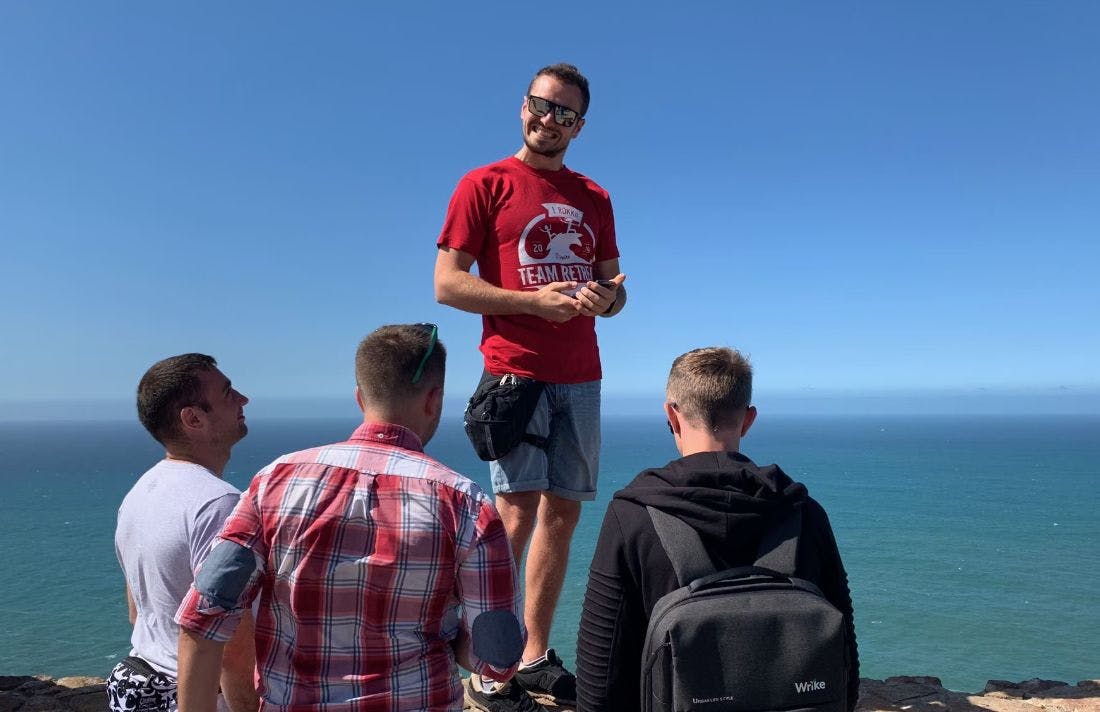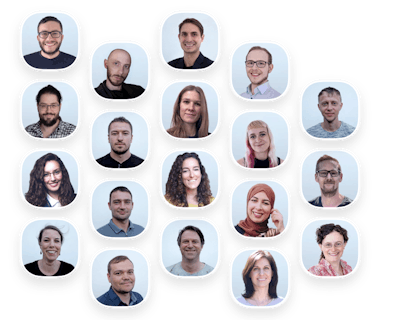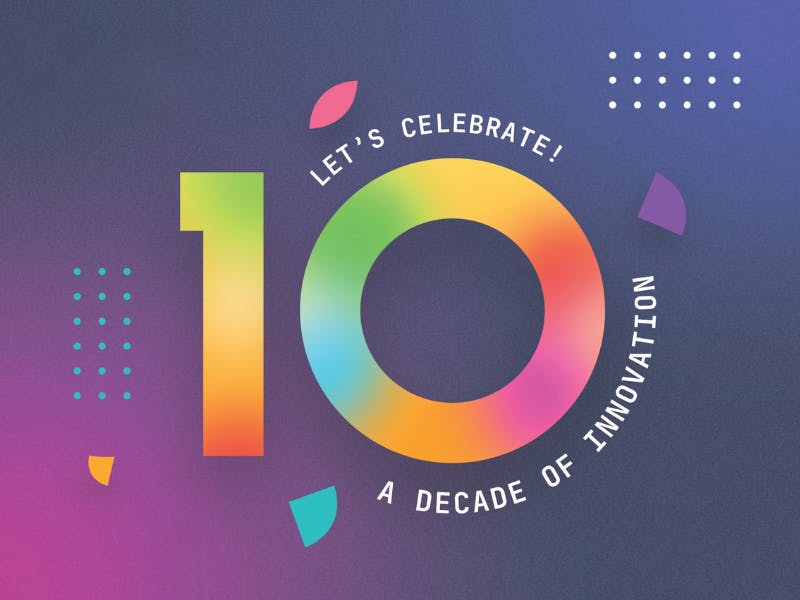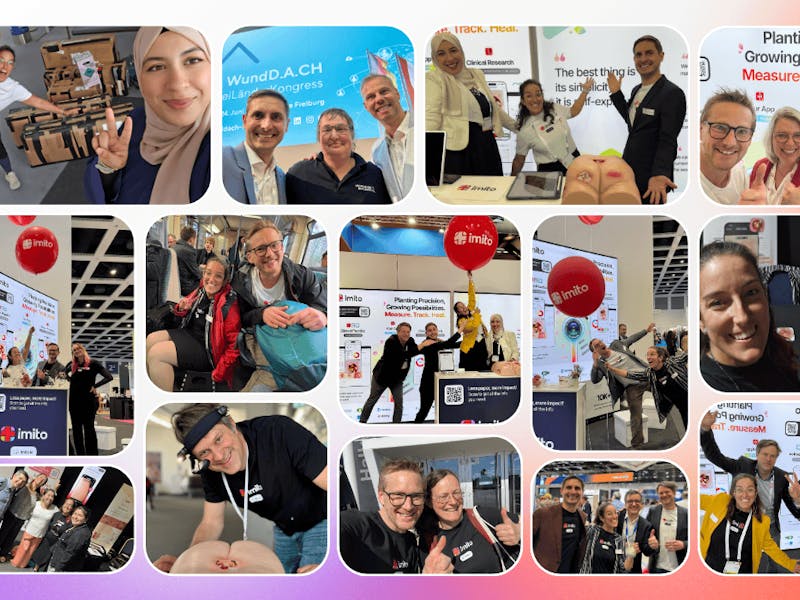He has been around since the very early days of imito, built our very first apps, and keeps fixing them to this day. We have been able to count on Alex and his Android skills for nine years now, even though he regularly risks his health jumping over hills.
Alex, what is the true story - how did you end up at imito nine years ago?
Eugene and I did our master’s degree in Computer Science together in Kharkiv. Back in 2016, Chrysanth and Manuel first hired Eugene to develop an iOS app for them, and 10 months later Eugene told me they also needed an Android developer like me.
As a first task, they asked me to create an initial version of imitoMeasure (now Wound Genius). It was the first app that imito ever put out into the world, and I got it done in 4 weeks. Shortly after, imitoCam was created.
 © imito AG / Chrysanth Sulzberger
© imito AG / Chrysanth Sulzberger
App development back then must have been much more difficult?
Yes, for example, for the new WoundGenius app, we have a much better base architecture in place than it was in imitoMeasure, which makes it easier and quicker for us to change and adapt to what users need. Also, AI helps nowadays. Currently, I use Grok a lot, ChatGPT of course, and a bit of DeepSeek like Manuel.
 © Canva / pexels
© Canva / pexels
I remember that I first used ChatGPT because I wanted to see the answer to a meme going around on the internet: how you could possibly tell your father that you want to become a police officer while your father has recently been in prison. That was my ChatGPT moment, when I saw it making up smart phrases on how to best tell your father some tricky news. Now, I use AI for a lot of things besides jokes.
 © imito AG / Chrysanth Sulzberger
© imito AG / Chrysanth Sulzberger
Do you also remember one of your first computer moments as a child?
I believe my father bought the first computer for me when I was 15. I used to play video games back then, and I remember realising that a game is actually just a folder full of files.
 © Canva / vectplus
© Canva / vectplus
So I saw an opportunity to customise my players in the video game a bit. For example, I would get some files from the internet and use them to replace the default game files. This gave my tools in the game a special, different look compared to what the original developers set as default.
As a first step in your professional developer career, you worked on a video communication tool for the deaf?
Yes, that tool is still on the market and is owned by a big US company called Purple. They create hardware and software for deaf people. One piece of software I developed for them was used by deaf people, for example, when they went to the dentist, but the dentist didn’t know sign language. The deaf person would open the app, record what they wanted to communicate in sign language on video, and a real interpreter from Purple would join the call and explain the details to the non-deaf doctor.
 © Canva / pixelshot
© Canva / pixelshot
Did you ever want to become a doctor yourself?
I always found it really interesting, and I guess I would choose to be a surgeon, because surgery can fix something immediately. We have a big war going on in Ukraine nowadays that causes so many injuries, so surgeons are desperately needed.
 © Canva / tunaru-dorins-images
© Canva / tunaru-dorins-images
How much do you hear about the impact your developments at imito have on medical professionals in everyday life?
I do hear about it. Anastasiya & Co are doing a good job of keeping us in the loop, and every now and then I jump on a call with a customer. I also like seeing the case study videos, where real people talk about how they use the apps.



 © imito AG / Chrysanth Sulzberger
© imito AG / Chrysanth Sulzberger
 © Canva / pexels
© Canva / pexels
 © Canva / pixabay
© Canva / pixabay
 © imito AG / Chrysanth Sulzberger
© imito AG / Chrysanth Sulzberger
 © Canva / pixabay
© Canva / pixabay


